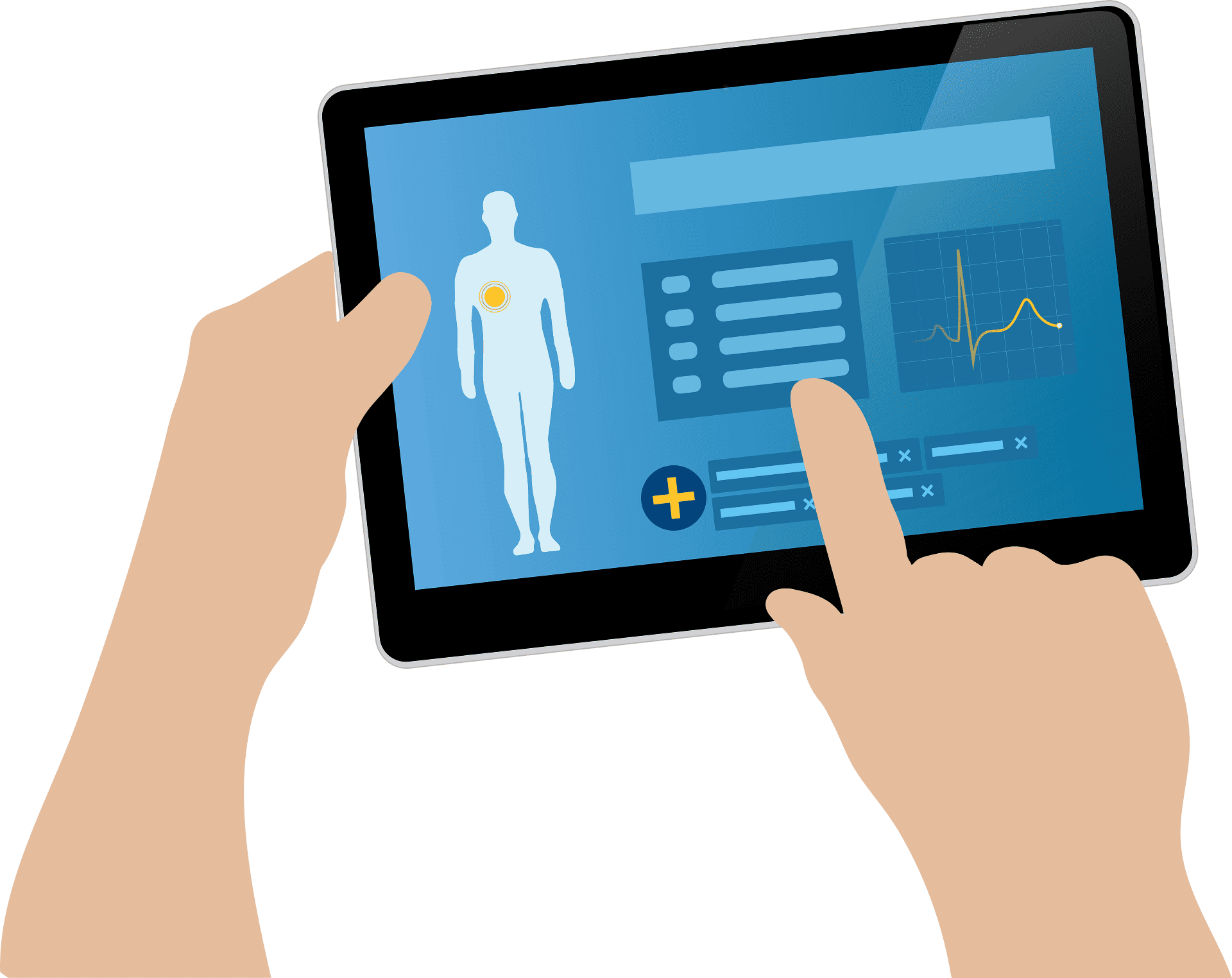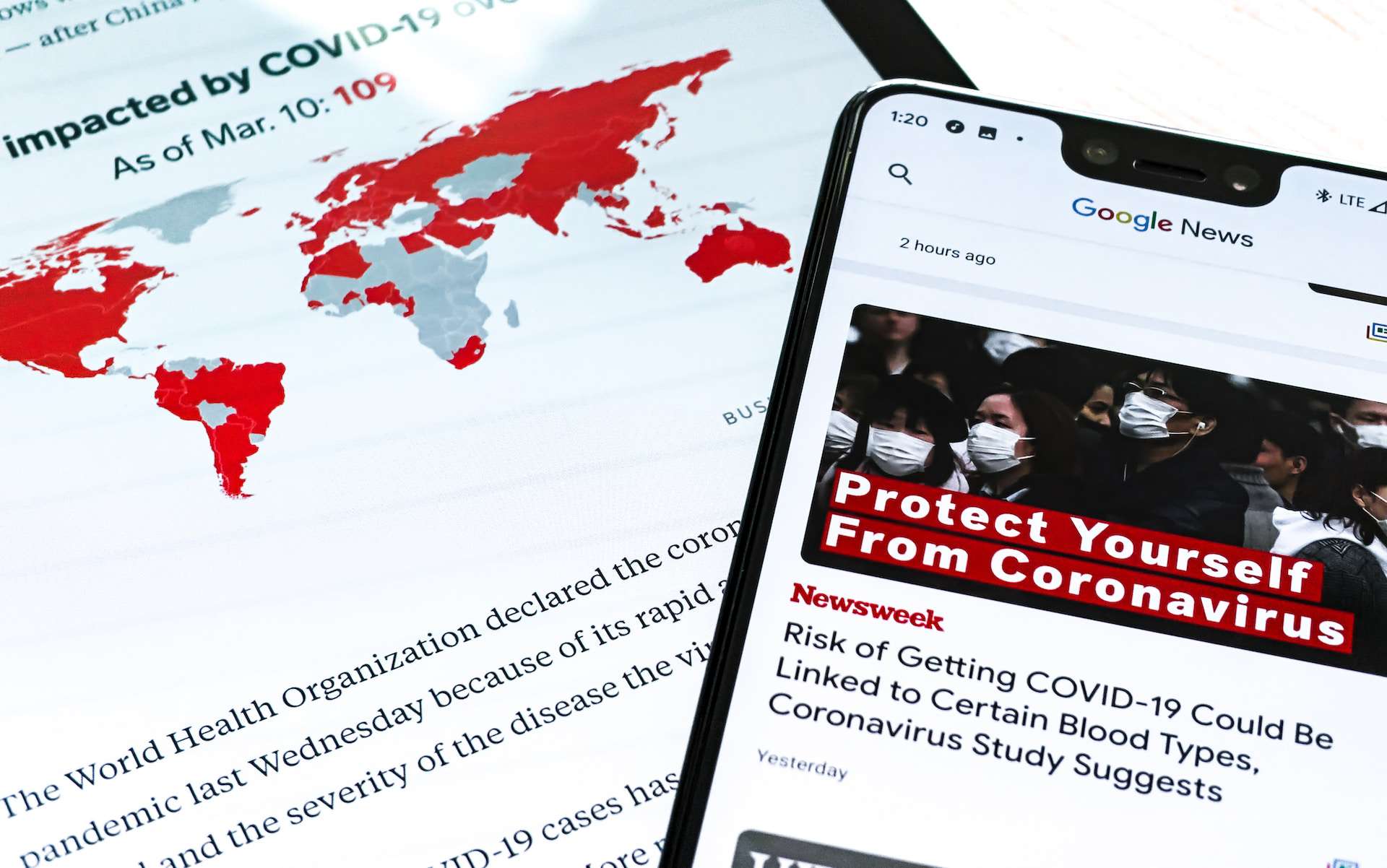- Specializing in Creating Customized IVRs, Voice, SMS, Chat and HIPAA Compliant Secure Message Applications
Specializing in Creating Customized IVRs, Voice, SMS, Chat and HIPAA Compliant Secure Message Applications
Navigating Health Crises with Precision: The Power of Automated Phone Surveys
We are here to help

Transportation Solutions
If you're in the transportation business, you can automate many of your routine tasks like package notifications, surveys, collection calls and more. Improve your customer satisfaction by extending your service hours without extending your costs.
Connect with us to learn more

Healthcare Solutions
If you're in healthcare, you owe it to yourself to learn how you can make your everyday business processes more efficient and save money at the same time. We can help in automating many of your routine and repetitive tasks, including Patient Engagement surveys.
Contact us to learn more
Voice, SMS, Secure Messaging: Transformative Tools for Public Health Intelligence
In an era where public health dynamics are rapidly evolving, safeguarding community well-being is more challenging and crucial than ever. Agencies are constantly navigating a myriad of health concerns, from infectious diseases to environmental hazards. Beyond raising public awareness, it’s vital to possess the tools for precise outbreak tracking and management. In this digital age, automated messaging solutions like voice, SMS, and secure messaging play a pivotal role, especially with HIPAA compliance in mind, ensuring that sensitive health data remains protected.
Rapid Data Collection in Critical Times
When health crises emerge, the speed of response can make a significant difference. Automated phone surveys stand out as a swift and efficient means to gather essential information—identifying affected individuals, mapping the outbreak’s reach, and even predicting its trajectory. By integrating this data into your systems, you’re equipped to make informed decisions for containment strategies, educational outreach, and more.

Diverse Communication Strategies: Outbound & Inbound
The versatility of phone surveys allows for both inbound and outbound strategies, each serving distinct yet complementary functions in outbreak management. Outbound surveys proactively reach out to the community, collecting symptom data through carefully crafted scripts. This method facilitates immediate data collection on a large scale, feeding real-time insights into health databases.
On the flip side, inbound surveys offer the public a direct channel to report health concerns. Triggered by public health alerts, individuals can call or text predefined numbers to report symptoms or exposures, contributing to a comprehensive picture of the health landscape.
What will you build?
Talk to us about your usecases
Case in Point: A Practical Scenario
Imagine a local health department responding to a food contamination report from a grocery store. By setting up dedicated phone lines and promoting them through various media outlets, residents are prompted to share their experiences. This structured interaction, whether via voice or SMS, guides them through a series of questions, swiftly gathering data essential for public health response.
Harnessing Data for Informed Public Health Actions
The data harvested from these surveys isn’t just numbers—it’s a narrative of the health event as it unfolds. By analyzing patterns and localizing symptom reports, agencies can craft targeted interventions, deploy resources where they’re needed most, and ultimately, keep the public safe and informed.
Yet, the effectiveness of this approach hinges on the right technology partner. A robust IVR platform, capable of handling extensive call volumes and ensuring HIPAA-compliant data security, is non-negotiable. It’s not just about collecting data; it’s about ensuring it’s actionable, secure, and aligns with the public health mission.

Bridging the Gap: Ensuring Equitable Health Communication
In managing public health crises, it’s crucial to recognize that low-income or disadvantaged communities are often disproportionately affected. Limited access to resources and information can exacerbate the challenges these communities face during outbreaks. Significantly, for many in these segments, mobile phones may serve as the primary, and sometimes only, means of communication.
IVR Lab is deeply committed to addressing this disparity. Our sophisticated phone survey systems are designed with inclusivity in mind, ensuring that crucial health information and assistance are accessible to everyone, regardless of their socio-economic status. By leveraging voice, SMS, and secure messaging, we ensure that vital health communications reach these vulnerable populations, offering them a lifeline during critical times.
Our technology not only provides a channel for disseminating important health alerts and gathering valuable data but also ensures that every member of the community, especially those who are often overlooked, has a voice in public health matters. This approach not only enhances the effectiveness of health interventions but also fosters a more inclusive and supportive community dynamic.
In recognizing and addressing the unique challenges faced by disadvantaged populations, IVR Lab is not just responding to public health emergencies; we are actively working towards a more equitable and resilient health ecosystem.
Ready to Transform Your Customer Engagement?
IVR Lab stands at the forefront of this intersection between technology and public health. Our solutions are not just tools; they’re catalysts for safeguarding community health. Ready to elevate your public health response? Reach out to IVR Lab, and together, let’s craft a future where technology and health go hand in hand.
